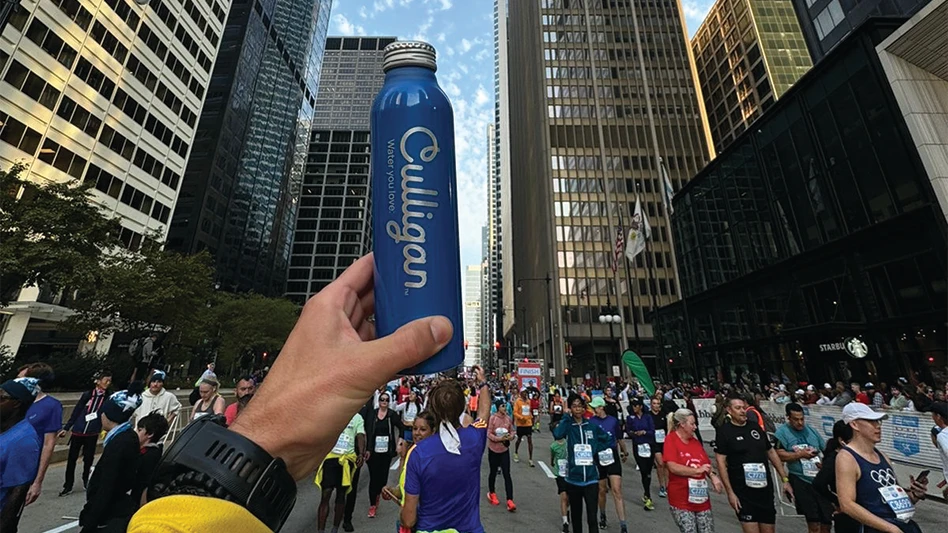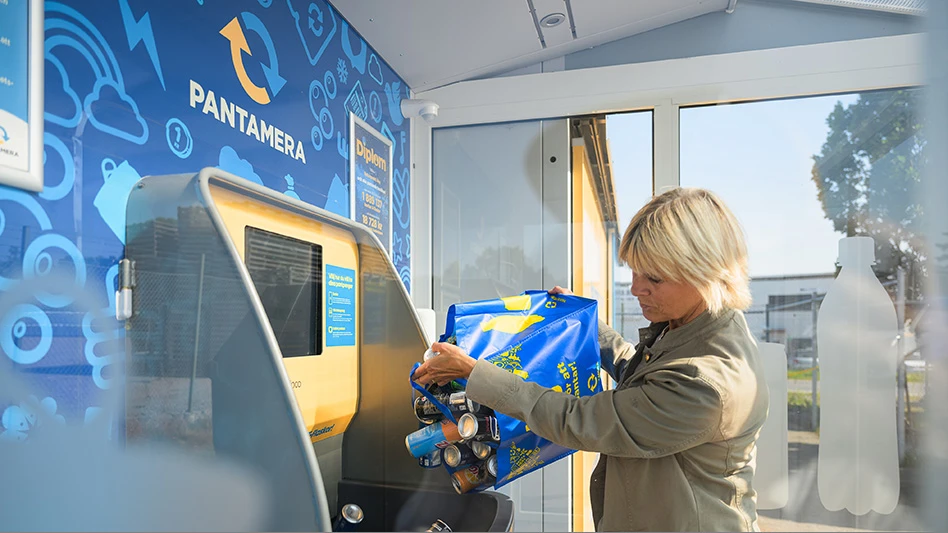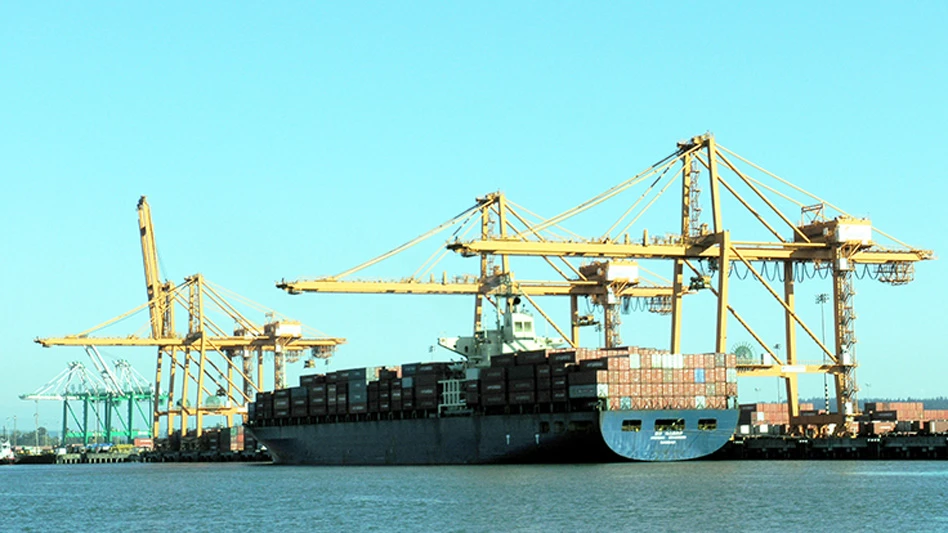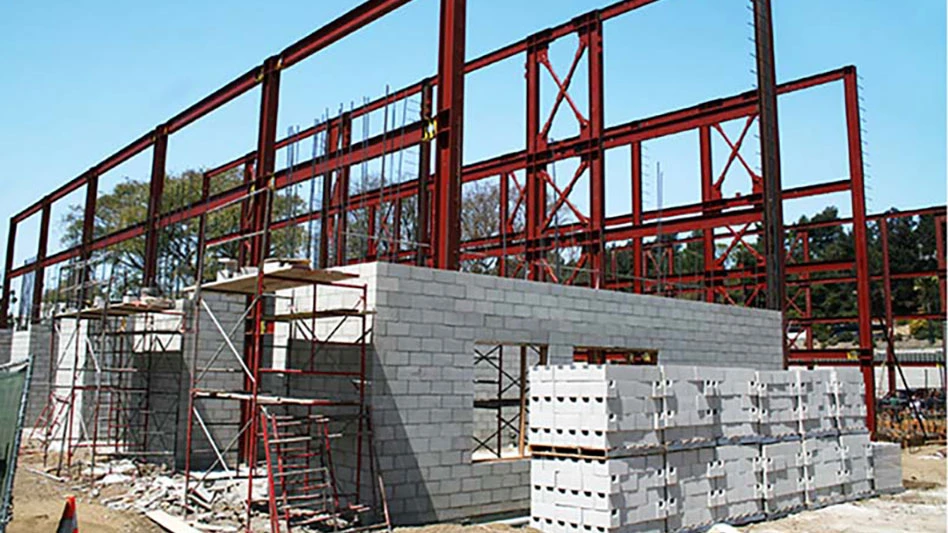
Russia was the fourth largest ferrous scrap exporter in the world after the European Union, the United States and Japan in 2020, but it was replaced by Canada and moved to fifth place from January to June of this year as export restrictions negatively affected the country’s shipments to foreign consumers.
Russia’s ferrous scrap exports declined by 3.3 percent in the first half of the year to 2.1 million metric tons compared with 2.17 million metric tons in the same period of 2020, according to Russian customs data. In June, scrap exports from Russia totaled 479,000 metric tons, a 4 percent decrease from the same month one year ago. That decrease was led by a 21 percent drop in cargo from Russia to Turkey, which imported only 262,000 metric tons of ferrous scrap in June, according to Russian customs data.
The domestic issue

The duties are widely viewed as a move to spur domestic consumption of ferrous scrap. In 2020, when ferrous scrap consumption in Russia declined by 4.3 percent to 29.9 million metric tons from 31.2 million metric tons in the previous year, local mills called for restrictions, citing a deficit of material for their needs.
This was when Russia imposed its first round of restrictions for ferrous scrap exported outside the Eurasian Economic Union. At that time, the country’s government set an export duty of no lower than 45 euros per metric ton (about $53 per metric ton) or 5 percent for 180 days starting in January. This duty resulted in a significant drop in exports over the next two months.
Shipments of the material to foreign outlets, however, began recovering in April and continued to increase in May and June as the negative effect from the duty was diminished after Turkey, the main outlet for this material, imported scrap at higher prices.
The increases were recorded in the daily Davis Index price for U.S.-origin heavy melting steel (HMS) 1&2 (80:20), which rose from $409.38 per metric ton cost and freight (cfr) on Feb. 1 to $500.83 per metric ton cfr on June 30, with its highest level fixed at $513.19 per metric ton cfr May 21. Prices in Turkey reached $500 per metric ton cfr May 10 and were hovering near this level until the second week of July.
The resultant increase in exports was harming the Russian domestic market, where surging steel prices arising from limited raw material supply began affecting the country’s construction and infrastructure projects. In a bid to regain control over prices, the Russian government implemented a second round of duties in late July. This time, it raised the export duty to a minimum level of 70 euros per metric ton (or about $83 per metric ton) for another 180 days starting in late July.
An end in sight

Russian exporters are now feeling the heat of these raised duties, especially as prices in Turkey began trending down in late July and have since moved below $450 per metric ton cfr for U.S.-origin HMS 1&2 (80:20). At these levels, the current export duty at no lower than 70 euros per metric ton makes up 18 to 20 percent of the selling price for exporters from St. Petersburg to Turkey. The percentage rises even higher for suppliers from the Rostov-on- Don region of Russia.
Exporters from these regions believe, if the current price trend continues, exports could drop further, with the most significant decline in export volumes anticipated in September and October if the export duties are not revised downward.
However, there seems to be some hope for exporters. Aug. 30, Russia’s Minister of Industry and Trade Victor Evtukhov affirmed that these duties will not be rolled over to 2022 as prices of ferrous and other base metal scrap have declined as intended, giving no rationale for extending these duties into next year.
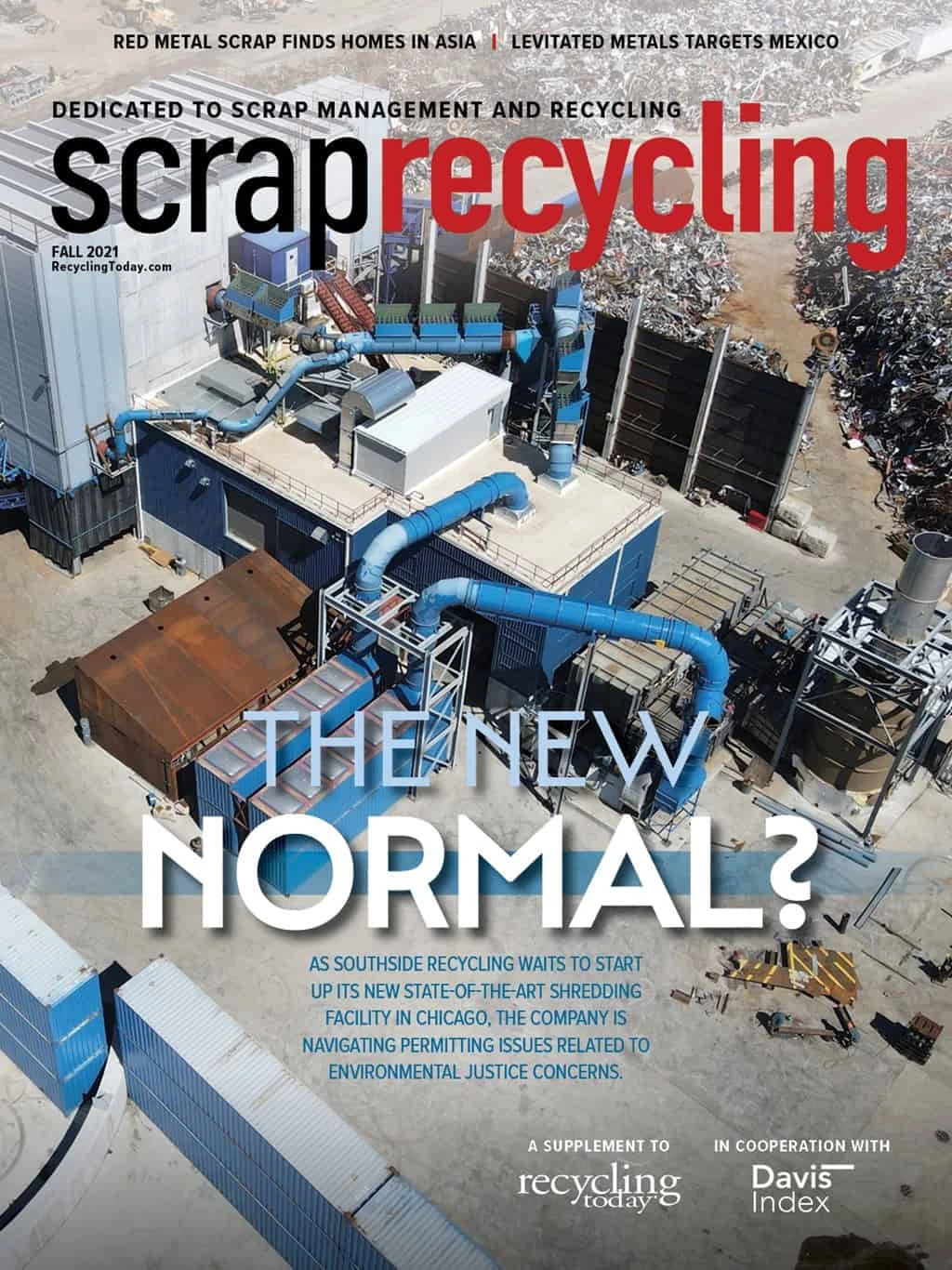
Explore the Fall 2021 Scrap Recycling Issue
Check out more from this issue and find your next story to read.
Latest from Recycling Today
- CP Group announces new senior vice president
- APR publishes Design Guide in French
- AmSty recorded first sales of PolyRenew Styrene in 2024
- PRE says EU’s plastic recycling industry at a breaking point
- Call2Recycle Canada, Staples Professional expand partnership
- Circular Services breaks ground on north Texas MRF
- Tariff uncertainty results in choppy nonferrous scrap flows
- CATL, Ellen MacArthur Foundation establish battery partnership


